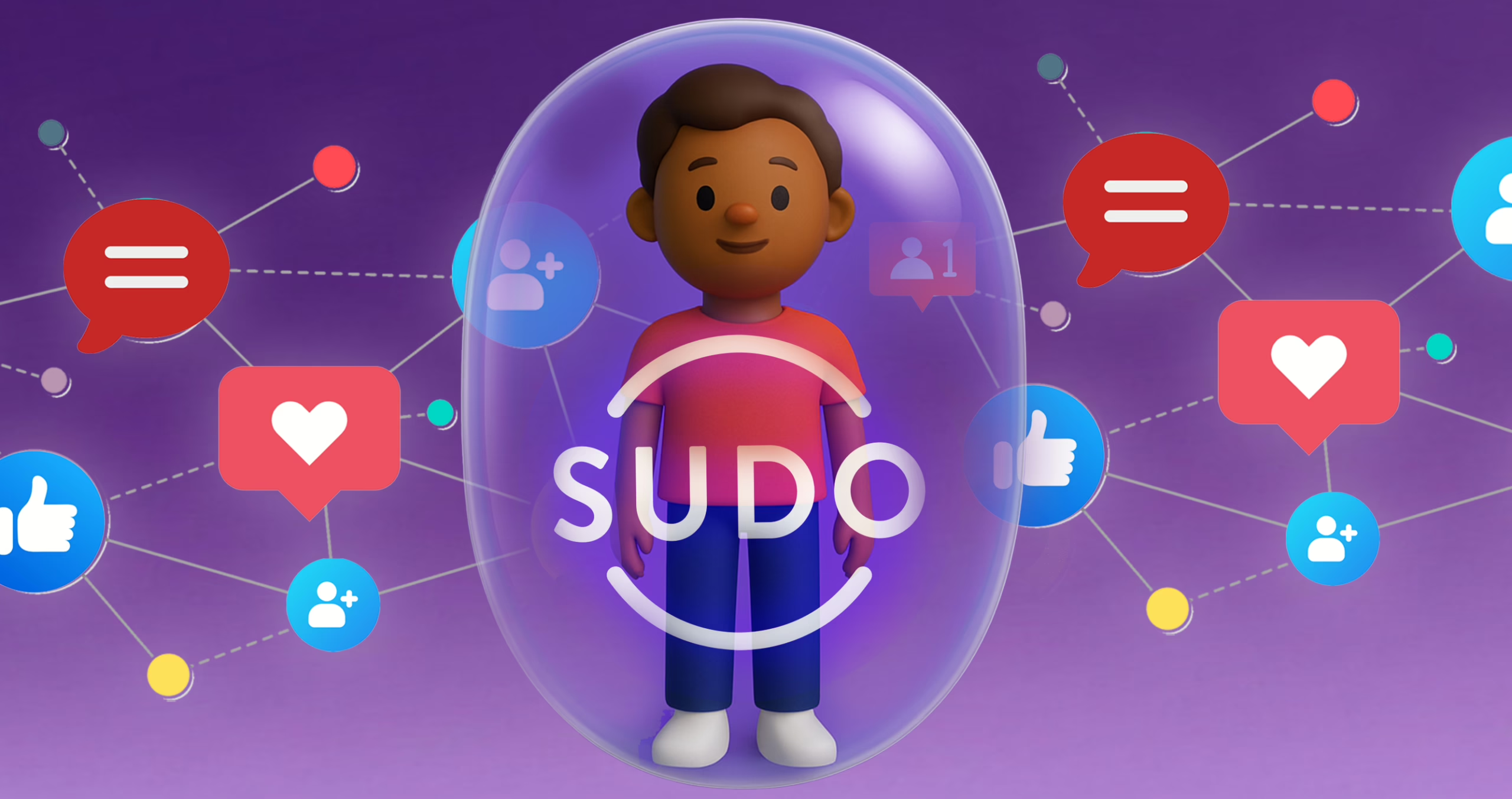Streaming services are incredibly popular, especially since COVID-19 has confined most of us to our couches and kids to home learning. But screen time comes with privacy and safety risks since streaming services and devices suck up a lot of personal data and use it in ways we have no idea about.
It’s not only our personal email and phone number and payment card details we use to sign up to streaming services that can be breached and sold, it’s insights into everything we watch and when – our preferences and habits – that providers can use to create profiles, understand our behavior, and apply to their personalized advertising machine.
Remember, if you don’t pay for the product, you are the product. But, as the New York Times recently pointed out, sometimes you can pay for the product and be the product – as is the case with streaming apps.
Common Sense Media recently reviewed the privacy protections in America’s top 10 streaming apps and top five streaming devices and found that most apps and devices are using practices that put privacy at risk, especially for children.
The report reveals most of America’s popular streaming services and TV streaming devices such as Netflix, Roku and Disney+, do not meet Common Sense Media’s minimum requirements for privacy and security practices. The only exception was Apple whose Apple TV+ streaming video service and Apple TV had stronger protections than the other services and devices examined. (The New York Times notes that Apple has links to Common Sense Media but the agency denies this had any bearing on the research findings.)
The streaming services in Common Sense Media’s review are as bad as Facebook and Google when it comes to profiting from our personal information, but since we pay for these streaming services, it feels even worse.
Common Sense Media says streaming companies could do more to protect the data they collect, change their information practices to better protect children, and assure users that they won’t use their data for personalized advertising or sell it to data brokers. The agency is particularly concerned to see better protection of children’s privacy.
Streaming services are one of the 10 big privacy compromises you can easily fix with MySudo.
The first step is, of course, to make smart choices around content and access for you and your family. Next, always use strong and unique passwords for every streaming account and gadget and apply two-factor authentication if it’s available. The third and powerful step is to use a dedicated ‘Streaming Sudo’ to create alternative credentials (email, phone number, virtual payment card*) for accessing your streaming services and to compartmentalize that data from your own personal details.
There’s no universal panacea to protecting your data privacy with streaming services or any other online offering. But we’re not advocating to stop using streaming services (we like the content too). We don’t see privacy as becoming digital hermits, but rather as a better way to have online and offline interactions. And using MySudo will help achieve that. Download it in iOS or Android.
Photo by JESHOOTS.COM on Unsplash
*This card is issued by Sutton Bank, Member FDIC, pursuant to license by MasterCard International. Card powered by Marqeta.



